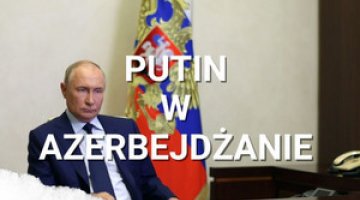Analyses
A Russian offer for Moldova
On 1 February, Russia’s ambassador to Chişinău, Valery Kuzmin, suggested that Gazprom might lower the price of gas to Moldova in return for political concessions from the Moldovan government. Most likely, Moscow is trying to persuade Moldova to accept the Russian military presence in Transnistria. The ambassador’s statement is also aimed at widening the cracks in the governing Alliance for European Integration (AIE), between the Democratic Party of parliamentary speaker Marian Lupu and the centre- right parties of Prime Minister Vlad Filat and the former parliamentary speaker Mihai Ghimpu, with regard to their policy towards Russia.
As an example, the Russian ambassador invoked the agreement that Russia signed with Ukraine last year to extend the stationing of the Black Sea Fleet in Crimea, in return for a promise to reduce gas prices. Moscow’s interest in legalising its military presence in Moldova is related to the reactivation of Western diplomacy on the treaty on conventional armed forces in Europe. In the likely context of yet more parliamentary elections in Moldova, and another increase in the gas price for Moldova (from 1 January) by 11% (to US$293.80 per 1000 m³), the Russian offer is also aimed at causing splits within the ruling coalition between supporters and opponents of a deal with Russia on gas prices. In addition, Moscow is hoping that this offer will increase the electoral chances of those parties which have openly declared their readiness to make political concessions to Moscow in exchange for the lower gas prices. The offer is thus likely to provoke a kind of race for Moscow's favours among Moldova’s political parties, and to persuade them to undertake political commitments to the Kremlin.<wrod>




